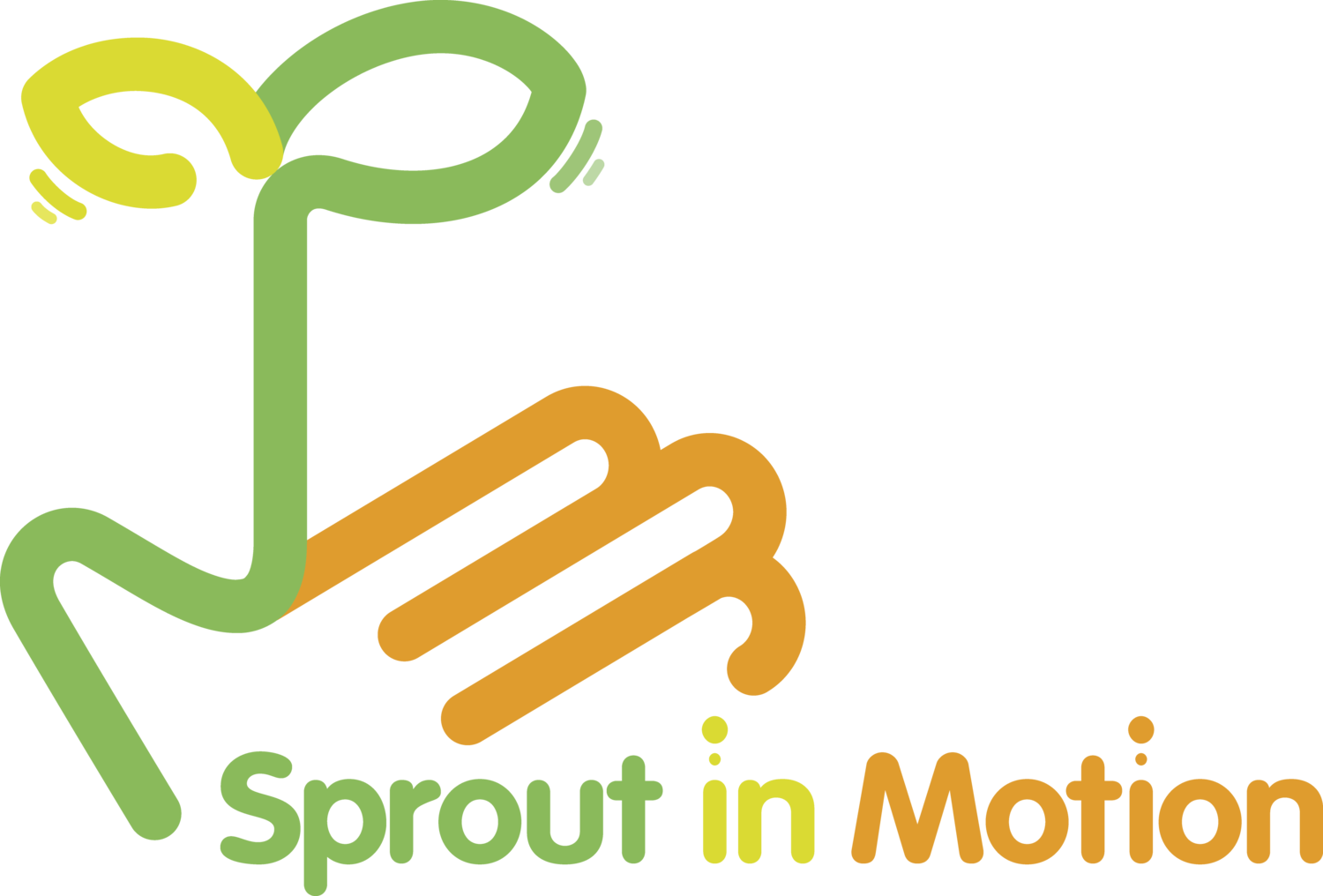Speech and Language Therapy and Assessment
Speech therapists provide assessment and intervention in areas including receptive and expressive language, speech sounds accuracy, literacy, speech fluency, social communication, auditory processing and verbal reasoning skills.
Sessions may be conducted individually or in small groups, depending on the needs of the student.
For younger children, a family-centered approach is often used to support the family, as well as the child. Parent training may be provided to address the way you speak to, as well as play and read books with, your child, in order to facilitate language learning and vocabulary development in everyday life.
For school-age children and adolescents, speech therapy sessions may focus on auditory processing skills for following instructions, and literacy skills such as making inferences, problem-solving, verbal reasoning, and organizing thoughts and ideas for oral and written expression. Interactive activities such as video filming and theme-based projects are used to make goals meaningful and functional.
How will Speech and Language Therapy help my child?
Speech and language therapy provides a variety of evidence-based and systematic approaches to improve speech sounds accuracy based on individual level and needs. It is also beneficial if your child is struggling to understand and use language at an age-appropriate level. Without intervention, your child could face difficulty accessing the curriculum at school and establishing friendships with peers, as well as social stigma as he/she grows older.
Children begin learning to communicate, read and write as preschoolers. As they progress in school, reading and writing skills become essential to understand and learn new knowledge in academic fields such as math, history and science. Age-appropriate literacy skills set children up for success at school and in society. Speech therapy uses different therapeutic approaches to empower children with strategies and visuals that work to bridge the learning ‘gap’.
Every child is special and unique. By providing fun and motivating activities, we engage and enable them to communicate meaningfully and effectively in the most suitable way. We also offer practical strategies for parents to facilitate communication naturally beyond sessions. If your child or adolescent experiences a speech fluency challenge, our therapists are experienced to help improve fluency and naturalness, as well as address anxiety issues around speaking.
What are signs of a language challenge?
Does not smile or interact with others (birth and older)
Does not babble (4-7 months)
Makes only a few sounds or gestures, like pointing (7-12 months)
Does not understand what others say (7 months - 2 years)
Says only a few words (12-18 months)
Words are not easily understood (18 months - 2 years)
Does not put words together to make sentences (2-2.5 years)
Has trouble playing and talking with other children (3 years)
Has trouble with early reading and writing skills (4.5-5 years)




